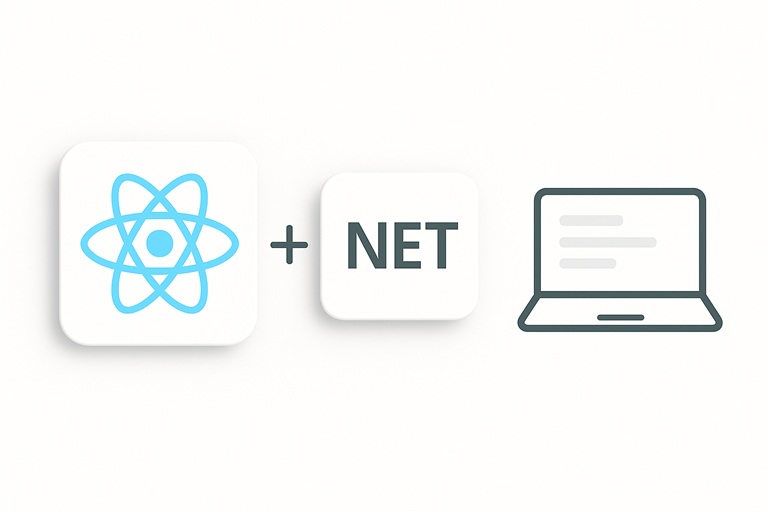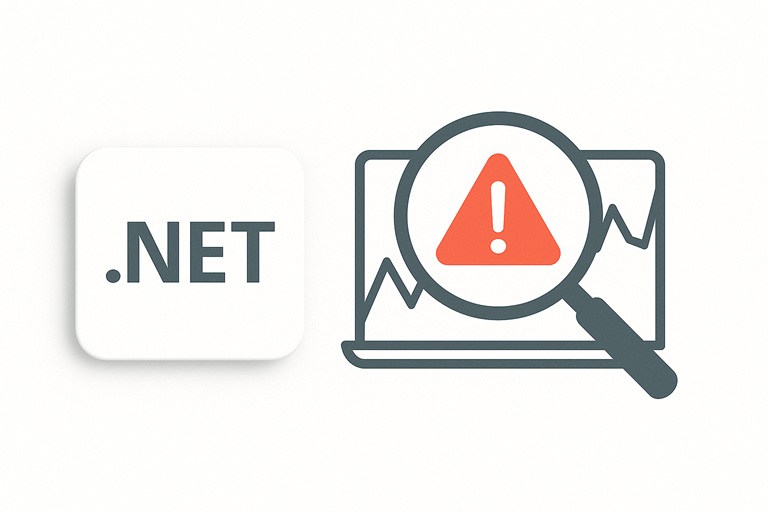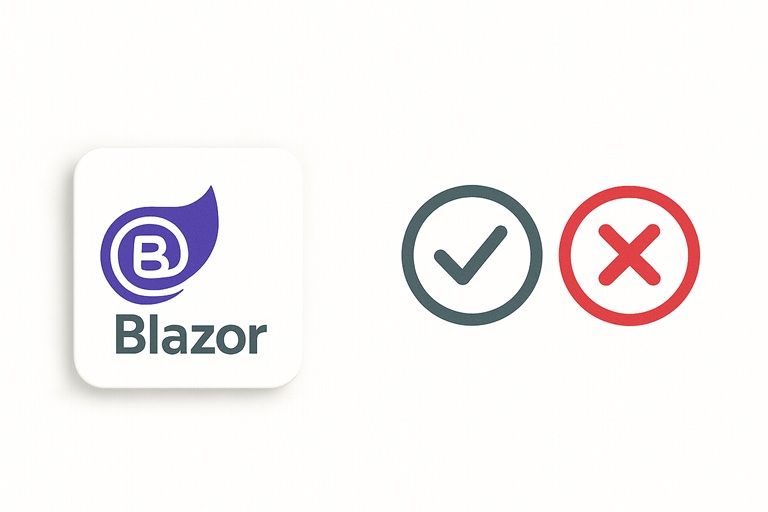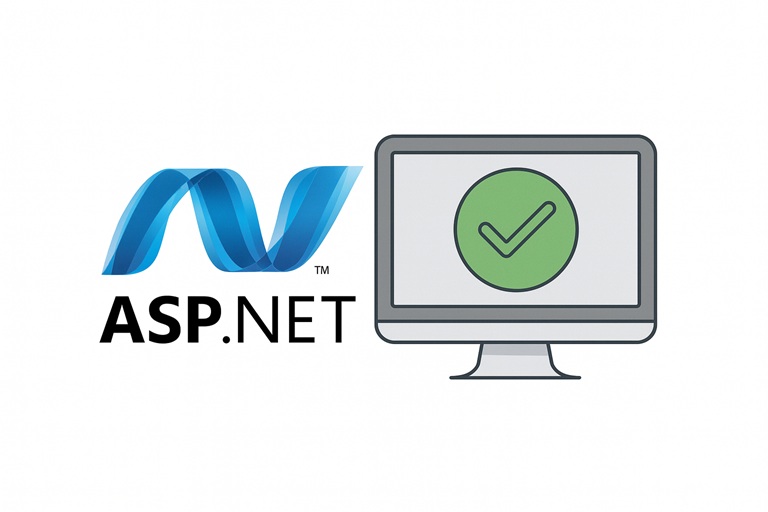When we can help you

- Your ASP.NET website works very slow and website isn't reliable
- Your ASP.NET website hangs at all during specific hours/days when traffic is more higher than usual
- You scaled up AWS/Azure but it costs too much and you want to optimize bills
- Migrate your ASP.NET website to the latest version
- Optimize SQL database queries and execution plans
- Connect or optimize NoSQL storages like MongoDB, CosmosDB
- Connect modern Search engine like Lucene or Elastic to prevent database exhausting in case if it's hard to optimize it quickly
- Rewrite monolith ASP.NET app to the service-oriented/microservice architecture
- Migrate your ASP.NET website from/to Azure/AWS Cloud
We have expertise in speeding up ASP.NET applications, and here are some basic pieces of advice
- Avoid slow SQL operations by using tools like MS SQL Profiler or ELK to identify and address such issues
- Prevent deadlocks by utilizing .NET Performance Profiler to detect and resolve such problems
- Refrain from mixing synchronous and asynchronous code
- Implement server-side caching or distributed caching
- Scale up your application using Web Garden
- In a live environment, either disable logs or transfer them to a NoSQL storage solution like Elastic or MongoDB
- Avoid setting debug="true"
- Avoid very old ASP.NET versions
- Avoid .NET razor compilations and HTML/Tag helpers espessially in oldest ASP.NET versions
- Use CDN where it's possible

How we work






When good performance is vital
Related Topics
Frequently Asked Questions
We combine code profiling (e.g. JetBrains dotTrace, ANTS), logging analysis, and infrastructure-level telemetry (App Insights, Prometheus, SQL Profiler) to detect issues across layers — from slow controller actions to database latency, caching problems, and thread contention.
Yes. We work with both modern .NET (Core/6/7/8) and legacy .NET Framework apps. In older systems, we often identify outdated ORM patterns, synchronous I/O, blocking calls, or overused session state — and propose refactoring strategies with minimal disruption.
Absolutely. We audit the full request pipeline — including frontend rendering, API latency, serialization overhead, and database query performance (e.g., missing indexes, N+1 issues, poor joins). We fix what’s necessary — not just surface symptoms.
We define KPIs upfront: page load time, API latency, server CPU usage, throughput (RPS), memory consumption, GC frequency, etc. After optimization, we show side-by-side benchmarks and live telemetry changes using your own observability stack.
Yes. We implement performance dashboards, alerts, and automated smoke/perf tests in CI/CD pipelines to catch regressions early. Our goal is not just to optimize once — but to help your team stay fast as the app evolves.

 LinkedIn
LinkedIn
 Twitter
Twitter
 Facebook
Facebook
 Youtube
Youtube










